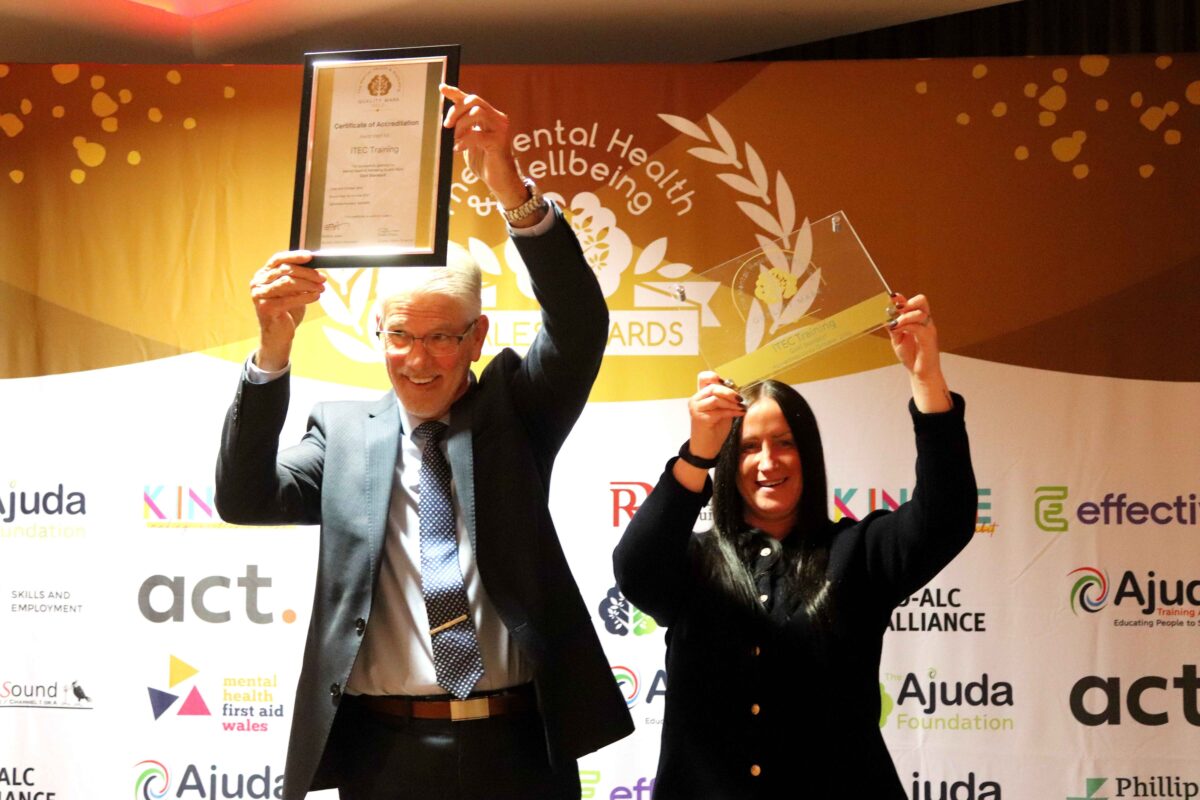We must improve perceptions of apprenticeships if we’re to increase achievement rates

A key new piece of research launched this week by the Association of Employment and Learning Providers (AELP) and City & Guilds has outlined the need to improve the perceived value of apprenticeships if we’re to see a rise in achievement rates.
Launched at the 2023 Annual Apprenticeship Conference in Birmingham on Monday 13 March, “Raising the Standard: Sectoral approaches to raising apprenticeship achievement rates”, has been written by AELP’s Dr Chihiro Kobayashi, and Director of Strategy Paul Warner. It explores the underlying detail behind headline apprenticeship achievement rates and was commissioned following the then Skills Minister’s announcement in June 2022 that apprenticeship achievement rates should reach 67% by 2025 (up from 51.8% in 2020/21).
The interview analysis within the report identifies a variety of sectoral and cross-sectoral issues around apprenticeships. This includes six major cross-sectoral themes driving apprenticeship withdrawals: English and Maths requirements; malfunction of the Baker Clause; trainer retention and recruitment; engagement with employers; challenges with end-point assessment; and job or career changes.
With nearly half of apprentices withdrawing before completing their programme, this is a serious problem which compounds skills shortages in the UK. The full report contains fifteen recommendations outlining how this can be addressed, alongside further reflections on sector-specific issues that came to the authors’ attention. However, almost all of the factors and themes can ultimately be reduced to a single overarching conclusion and recommendation: much more work needs to be done by government, employers and the sector as a whole on raising the perceived benefit and value of apprenticeship study and the apprenticeship outcome.
Identified benefits– such as the increase in skills and productivity, the chance to learn whilst working, the improvements in career prospects – may seem obvious, but despite this the report finds that apprenticeships are still not being widely cited as a accreditation requirement in job adverts. This was even the case in roles advertised within the skills sector itself.
A full copy of the report can be found here.
Jane Hickie, Chief Executive of AELP said:
“Raising the Standard is an important piece of research given the government’s ambition to increase apprenticeship achievement rates to 67%. I am confident that actioning the fifteen major recommendations put forward here would make a rapid and significant difference across a wide range of industries and occupations. However, the real key to improving achievement rates will be to ensure the value of gaining an apprenticeship is much better recognised in recruitment practices within the labour market.”
“Despite their acknowledged benefits, apprenticeships are still not being widely cited as a qualification requirement in the labour market more widely. Given the skills sector itself is guilty of this, we need to put our own house in order to convince others of the need to do so themselves.”
Patrick Craven, Exec Director of Policy & Stakeholder Partnerships, City & Guilds commented:
“This research report comes at a very timely moment as we debate the value of apprenticeships and skills education. It is clear that apprenticeships play a vital role in providing an entry point for early stage careers and also now a development pathway for more experienced workers looking to progress. It is also clear that there are several barriers getting in the way of even better utilisation of these important programmes. The report explores the complexity of these challenges at a sectoral level and suggests a variety of ways in which we could drive even better engagement and success for learners and employers.”











Responses